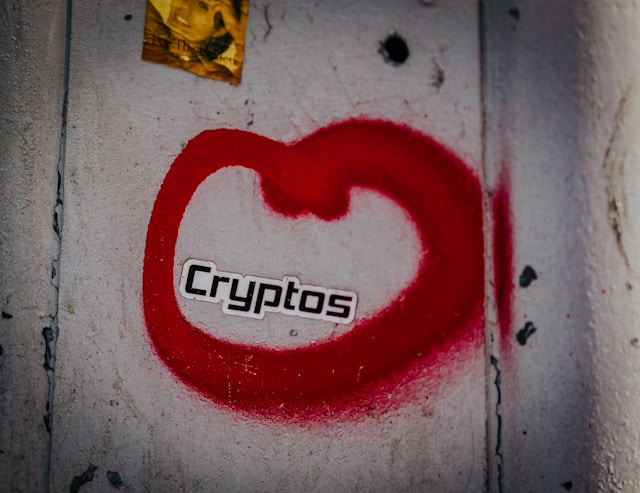Hey everyone, Dr. Anya Sharma here! I’m diving into something super important today: keeping your crypto safe. With Bitcoin and other cryptocurrencies becoming more mainstream, it’s absolutely critical to protect your digital stash. Trust me, after fifteen years in this field, I’ve seen *way* too many people learn the hard way. Let’s make sure that doesn’t happen to you, okay?
Understanding the Landscape (and the Threats!)
Look, the crypto world is exciting, but it’s also a prime target for hackers and scammers. I mean, back in 2024 alone, we saw some *massive* hacks. Remember the WaziriX debacle? Over $230 million gone! And that’s just one example. The bad guys are getting smarter, so we need to be even smarter. It’s a constant game of cat and mouse, honestly. So, what can you do? Well, let’s get into it.
Essential Security Practices for 2025
Alright, let’s break down some actionable steps you can take right now to bolster your crypto security. This isn’t rocket science, folks, but it does require discipline and a bit of paranoia (a healthy amount, I promise!).
Strong and Unique Passwords (Seriously!)
Okay, this one’s a no-brainer, but I *have* to say it. Use strong, unique passwords for everything related to your crypto. And I mean *everything*: your exchange accounts, your email, even your Wi-Fi network! Don’t reuse passwords, and for goodness’ sake, don’t use “password123”! Think long, complex, and maybe even a little nonsensical. A password manager is your best friend here. I use one myself, and it’s a lifesaver. My recommendation is or more, a mix of upper and lowercase letters, numbers and symbols.
Two-Factor Authentication (2FA): Your Best Friend
Think of 2FA as a second lock on your door. Even if someone manages to crack your password (which, let’s face it, can happen), they’ll still need that second factor – usually a code from your phone – to get in. Enable 2FA on *every* crypto-related account, no exceptions. Authenticator apps like Google Authenticator or Authy are great options. Don’t rely solely on SMS-based 2FA; it’s more vulnerable to SIM swapping attacks. Speaking of which…
Beware of Phishing Scams
Phishing is still one of the most common ways hackers steal crypto. They’ll send you an email or message that looks legitimate, trying to trick you into giving up your private keys or login credentials. Always double-check the sender’s address, and never click on links from unknown sources. If something seems fishy, it probably is. Hover over links to check the actual URL, before clicking on it.
Cold Storage: The Gold Standard
For long-term storage, nothing beats cold storage. This means keeping your crypto offline, usually on a hardware wallet like a Ledger or Trezor. These devices store your private keys securely and are much less vulnerable to hacking than online wallets. It’s like putting your valuables in a safe instead of leaving them on the table. Think of this as your long-term savings account. And remember: back up your recovery phrase! Store it somewhere safe, like a fireproof safe or a bank vault. Never store it digitally! I know, it sounds like overkill, but trust me, it’s worth it for the peace of mind.
Staying Updated in 2025
The crypto security landscape is constantly evolving, so it’s crucial to stay informed. Follow reputable security blogs, attend webinars, and keep an eye on the latest news and trends. Knowledge is your best defense! Also, remember that security is not a one time action. Review your practices regularly, stay informed about evolving threats, and maintain strict control over your backup materials.
Final Thoughts
Look, there’s no such thing as 100% security in the crypto world. But by following these best practices, you can significantly reduce your risk and protect your digital assets. Remember, it’s your responsibility to keep your crypto safe. Stay vigilant, stay informed, and don’t be afraid to ask for help if you’re not sure about something. And hey, if you have any questions, feel free to drop them in the comments below. I’m always happy to help!





